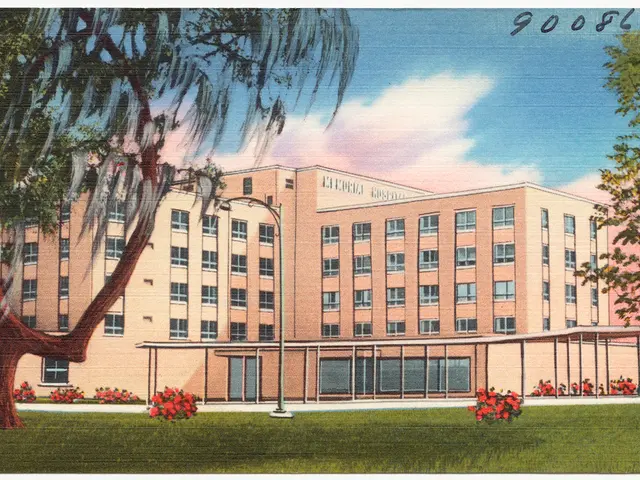Assess Economic Efficiency in LEED Certification Using Life Cycle Analysis – USGBC LEED Green Associate
Life Cycle Assessment (LCA) is a powerful tool that architects, engineers, and builders are increasingly turning to in the quest for sustainable and economically viable building designs. This methodology, used to evaluate the economic performance of a building or system over its entire life, offers a holistic approach to optimising building design, material choices, and system selections for long-term economic and environmental performance.
At the heart of LCA is life cycle costing (LCC), a technique used to estimate the total costs of ownership over the life cycle of a product or system. By considering costs from resource extraction to end-of-life disposal or recycling, LCA provides a comprehensive understanding of the financial implications of a building or system, enabling informed decisions that promote durable economic performance.
LCA is not to be confused with energy costing, materials assessment, or triple bottom line. While these concepts are important, LCA encompasses the entire building lifespan and total cost of ownership, offering a more comprehensive view of a building's sustainability.
In the context of green building, LCA is used to assess the full cradle-to-grave costs and benefits of a structure or building system. This includes initial costs, operating costs, and end-of-life costs, ensuring that all stages of a building's life are considered in the pursuit of sustainable and economically viable design.
LEED, a leading certification programme in green building, encourages the use of LCA and rewards projects that utilise LCA-based decision making. By promoting this methodology, LEED encourages a more sustainable and economically viable approach to building design and construction.
For those preparing for the USGBC LEED Green Associate exam, practice questions and answers are available for free, offering a valuable resource for passing the exam and earning USGBC LEED Green Associate certification.
In conclusion, Life Cycle Assessment is a crucial tool in the pursuit of sustainable and economically viable building design. By offering a comprehensive understanding of a building's environmental and economic impacts throughout its entire life, LCA empowers architects, engineers, and builders to make informed decisions that promote durable economic performance and a more sustainable future for our built environment.








